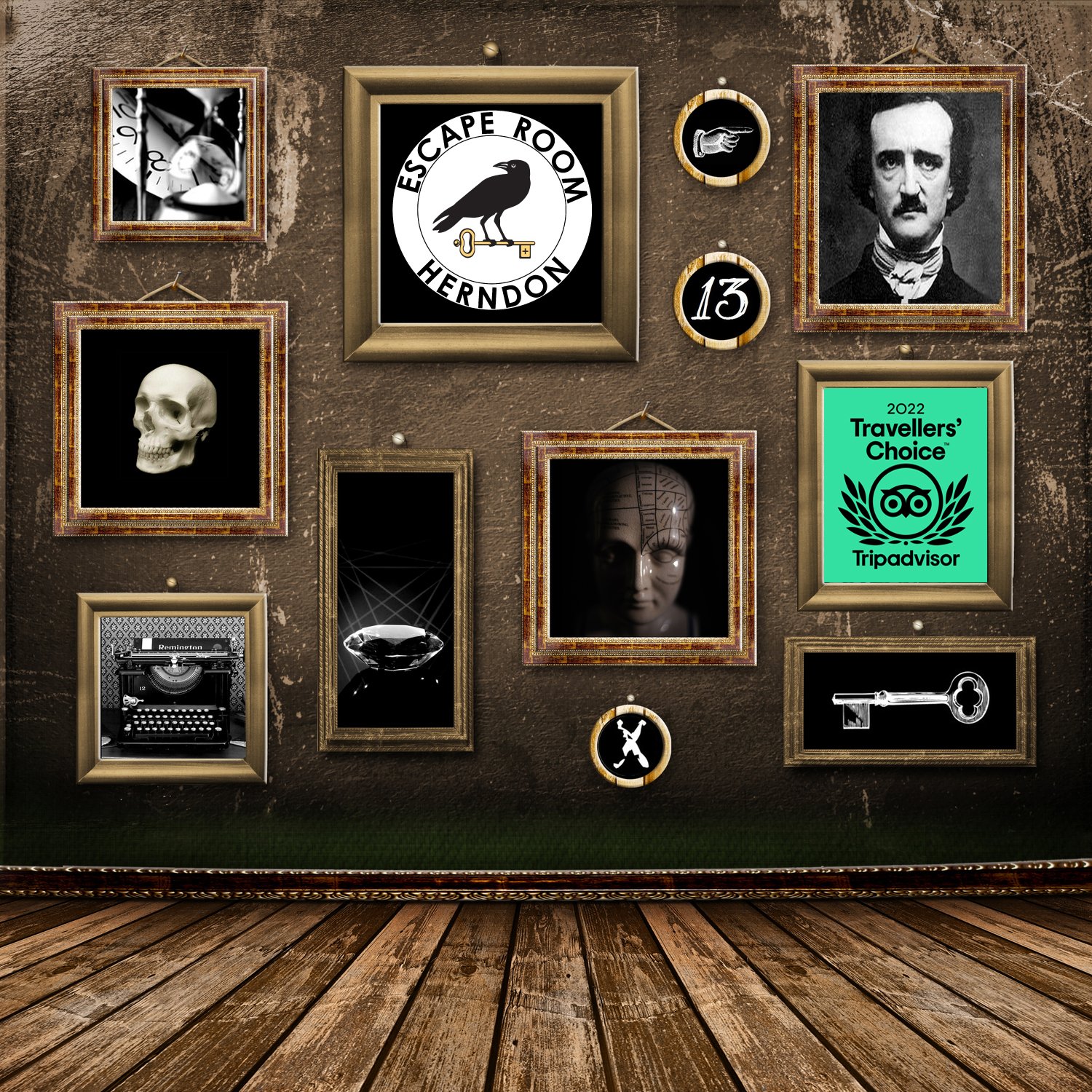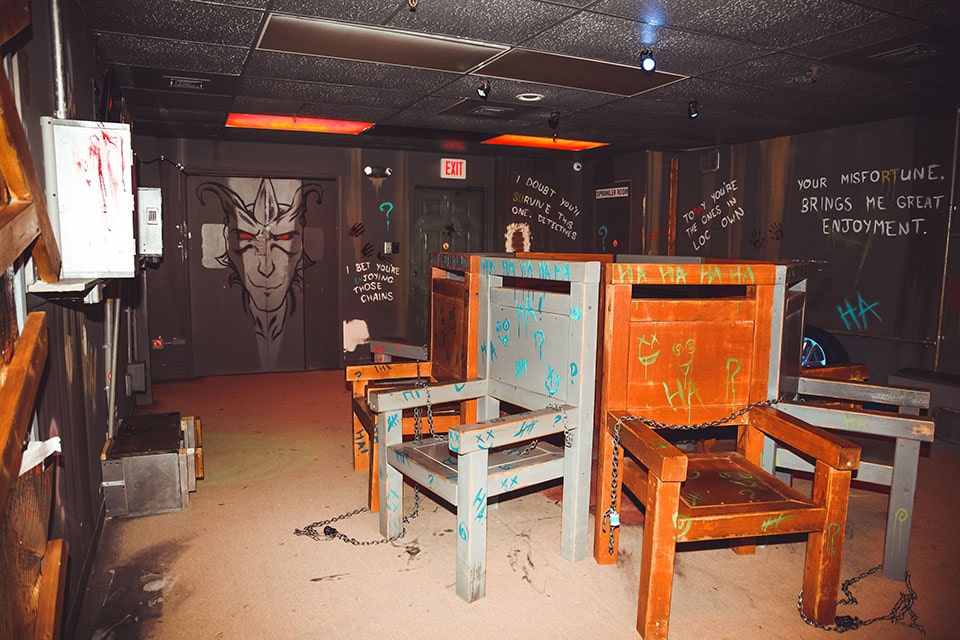Team Approaches: How to Team up Successfully in a Getaway Room
Navigating the complexities of a getaway area demands more than mere interest; it needs a well-coordinated technique grounded in clear interaction, strategic function projects, and experienced time administration. Teams must proactively listen to each participant's understandings, appoint functions that straighten with individual toughness, and maintain normal check-ins to guarantee focus and protect against redundancy. By fostering an atmosphere that values communication and versatility, teams can substantially heighten their performance and success rates. The nuances of these approaches can change the experience, however just how exactly can they be implemented to make best use of the capacity for success?
Establish Clear Communication

To assist in clear communication, it is crucial to assign a main factor of contact for information dissemination. Short, focused updates from each group member can keep the team notified without frustrating them with info.

Appoint Duties Tactically
While clear communication sets the foundation for reliable teamwork, assigning functions strategically makes certain that each staff member's toughness are utilized efficiently. In a retreat area scenario, the time-sensitive and complex nature of difficulties requires a well-organized approach to task delegation. By determining and leveraging private competencies, teams can maximize their analytical capabilities and boost total performance.
First, examine the special skills and features of each individual. Someone with a keen eye for information could stand out in finding surprise things, while a logical thinker might be much better matched to resolving challenges. It's just as important to have a leader who can supervise development, manage the timeline, and make crucial calls when essential. This function frequently calls for solid business and social abilities.
2nd, ensure that roles are versatile and versatile. As brand-new difficulties emerge, the group has to have the ability to pivot, reapportioning tasks as needed. This flexibility helps maintain energy and prevents traffic jams that could take place as a result of inflexible duty assignments.
Ultimately, a calculated strategy to function task not just takes full advantage of the strengths of each staff member however likewise fosters a cohesive atmosphere, driving the group in the direction of a successful getaway.
Make Use Of Diverse Skills
Acknowledging and taking advantage of the varied abilities within your team can considerably raise your performance in an escape room. Each group participant brings distinct staminas to the table, and effectively leveraging these abilities can expedite analytical and enhance overall efficiency. As an example, a staff member with strong analytical abilities might stand out at analyzing complex codes or patterns, while an additional with eager observational abilities may promptly spot hidden hints that may neglect.
Motivate group members to voice their insights and concepts promptly, guaranteeing that all possible solutions are thought about. Furthermore, designating tasks that straighten with each member's strengths can protect against traffic jams and guarantee that progression is continuous.
In addition, variety in abilities commonly equates to diversity in thinking designs, which is important in a retreat room setup. While some obstacles might need sensible thinking and accuracy, others may benefit from imaginative and association of ideas. By acknowledging and leveraging this variety, groups can address a more comprehensive variety of challenges extra efficiently, thereby boosting their opportunities of a successful escape.
Manage Time Effectively

First, allocate preliminary mins for a quick survey of the area. Recognize visible puzzles and divide tasks based upon staff member' strengths, making sure that no one is still. Set inner time checkpoints to examine progression occasionally; as an important link example, objective to have half the challenges solved by the mid-point of the video see this here game. This technique can aid keep the group concentrated and stop time from sliding away unnoticed.
Additionally, avoid one-track mind. If a problem is taking as well long, turn employee or relocate on to one more challenge, returning later on with fresh perspectives. Interaction is extremely important-- maintain everyone updated on addressed puzzles and staying tasks to prevent redundant initiatives.
Last but not least, utilize any kind of tips or hints moderately but purposefully - best escape room. Recognizing when to request for assistance can save valuable time. By sticking to these time monitoring concepts, teams can substantially enhance their possibilities of a successful and delightful getaway area experience
Debrief and Show
Representation is a necessary aspect of group growth and renovation in the context of escape areas. As soon as the challenge is completed, whether efficiently or otherwise, it is important for the team to involve in a structured debriefing session. This process enables team participants to assess their efficiency, identify staminas, and pinpoint locations for improvement.
Start the debrief by discussing what worked out. Highlight particular circumstances of efficient communication, analytic, and collaboration. Identifying these favorable habits strengthens them and motivates their repeating in future difficulties.
Following, address the barriers experienced. Talk about moments of confusion, miscommunication, or ineffective techniques. Motivate an open and useful dialogue where employee can share their point of views without fear of objection. This cultivates a society of continual renovation and knowing.
Final Thought
To conclude, effective collaboration in an escape room is predicated upon clear communication, critical function projects, the effective use of varied skills, and efficient time administration. Regular check-ins and structured debriefings a fantastic read are essential for maintaining emphasis and cultivating constant enhancement. By creating a cohesive and adaptive group environment, the probability of successfully resolving challenges and achieving the purpose of getting away the area is considerably boosted. This approach not just guarantees success but also advertises collective development and understanding.